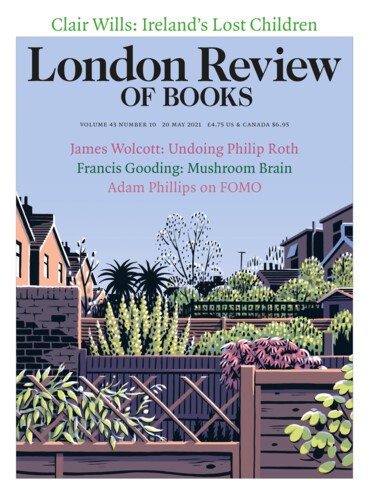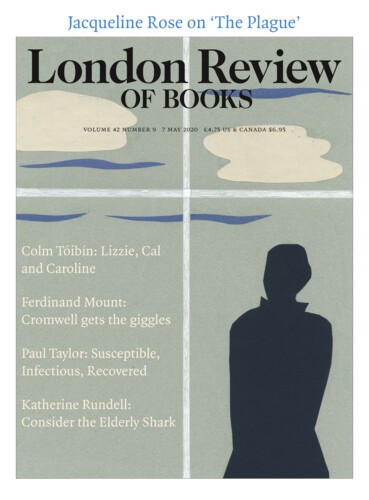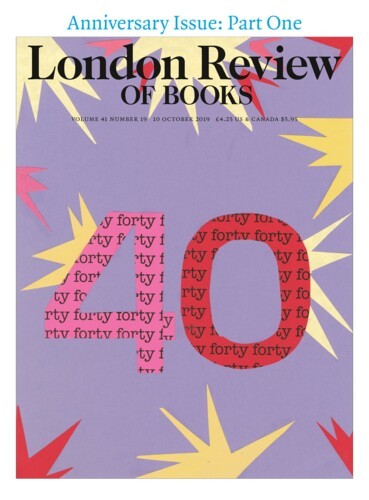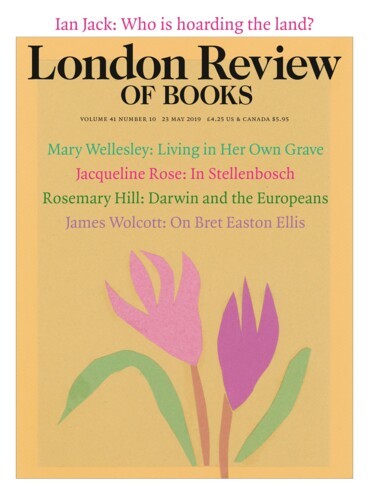Why are some people punks? ‘Detransition, Baby’
Lauren Oyler, 20 May 2021
The title is distinctly weird, resolutely of our time, but not something anyone would actually say. Detransition, Baby: disparate registers ironically combined, in a standard format, to make a little pun. The word ‘detransition’ is specific; it’s not a word whose general definition gets an extra tweak of meaning in context, like ‘pass’. You can’t





